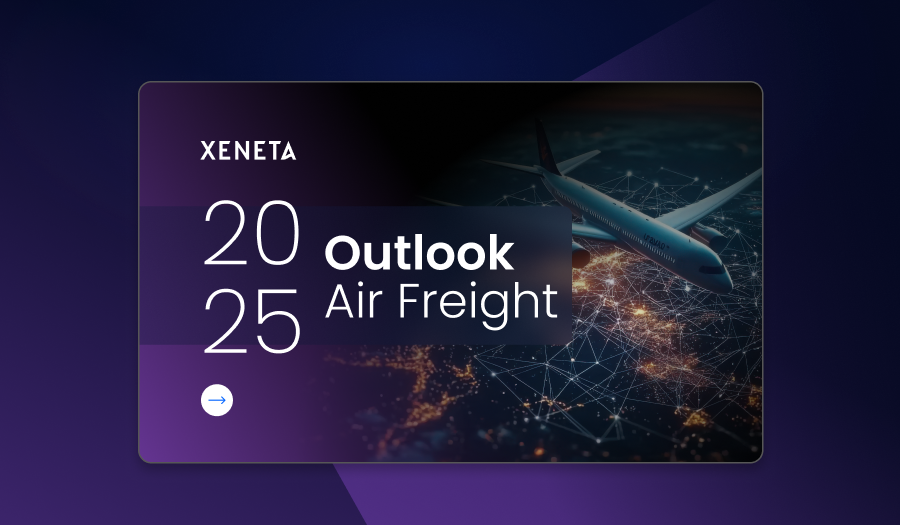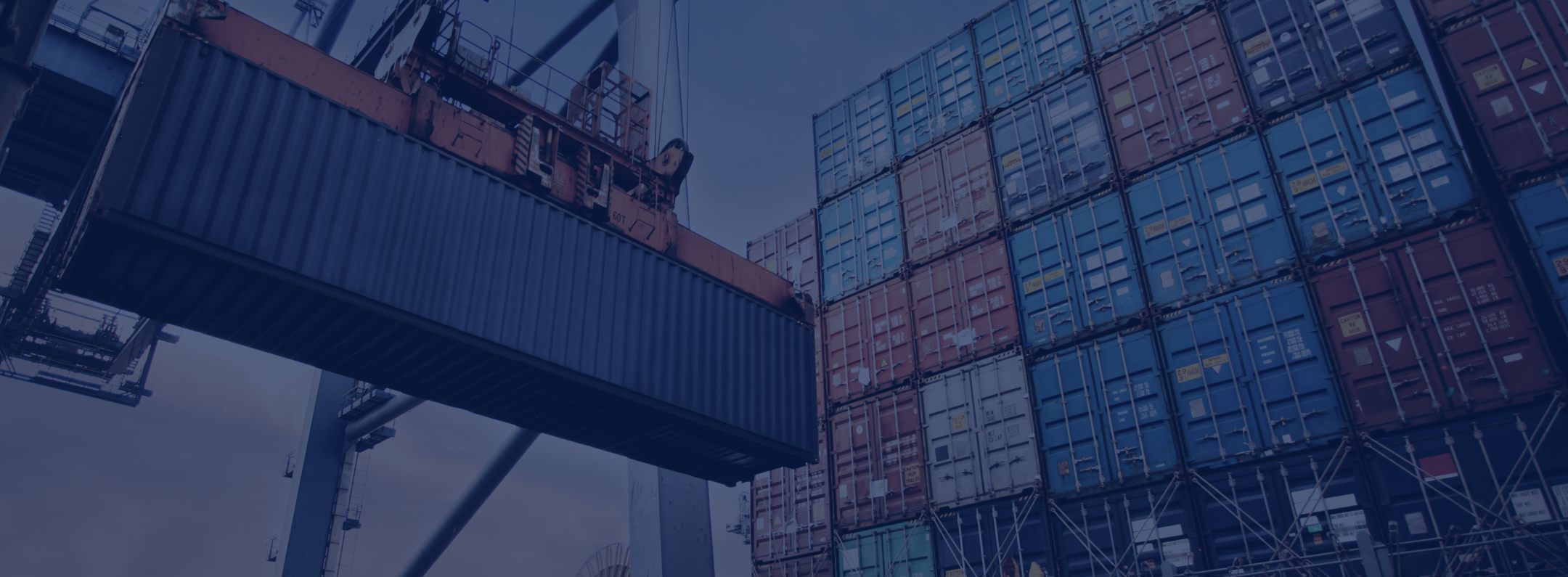From time to time, terminals across the country tend to get congested, especially on the West Coast. Due to the congestion, the berthing of ships may be affected, leading to heavy customer delays, resulting in loss of production, business, etc.
To alleviate the congestion, port and terminal gates may require work at night or over the weekends to avoid daytime traffic.
Adding night shifts to any operation means increased costs, especially for terminal operators, as nighttime labor rates are always higher than daytime labor rates.
When terminal operators’ costs go up, they will naturally be passed onto the trade, increasing the price of all commodities.
PierPass OffPeak program was started in 2005 by the terminal operators, specifically in Long Beach and Los Angeles ports, to address these congestion and cost issues.
This program works because the terminal operators levy a charge known as Traffic Mitigation Fee (TMF) to the customers directly.
The Traffic Mitigation Fee pays for the night shifts and Saturday shifts and is designed to compensate for the daytime congestion in and around these ports.
The Traffic Mitigation Fee is charged for containers moving during peak hours between 03:00 hrs to 18:00 hrs. All the container terminals in these two ports encourage haulers to use these non-peak timings of 18:00 hrs to 03:00 hrs to pick and drop off containers to avoid congestion bottlenecks.
As of August 1st, 2017, the Ports of Los Angeles and Long Beach, California, announced a 2.3% increase in the Traffic Mitigation Fee (TMF).
The current TMF fees stand at US$72.09 per 20’ container and US$144.18 per 40’ & 45’ container.
To understand your freight charge costing, it is essential to note that the Traffic Mitigation Fee is a pass-through expense to be charged as necessary and not part of any negotiated contract.


